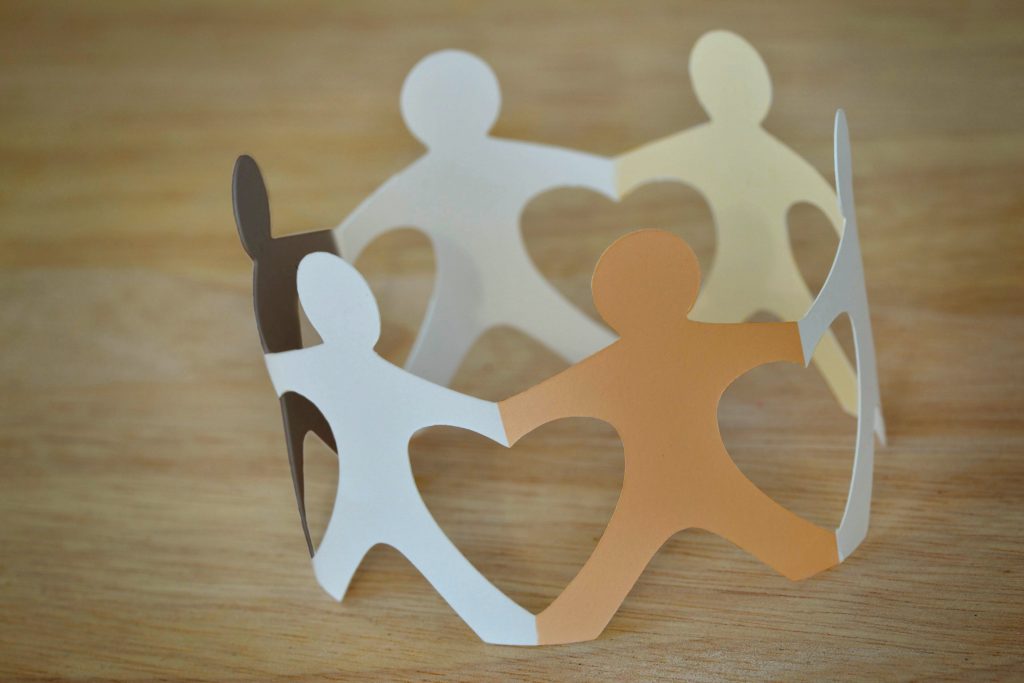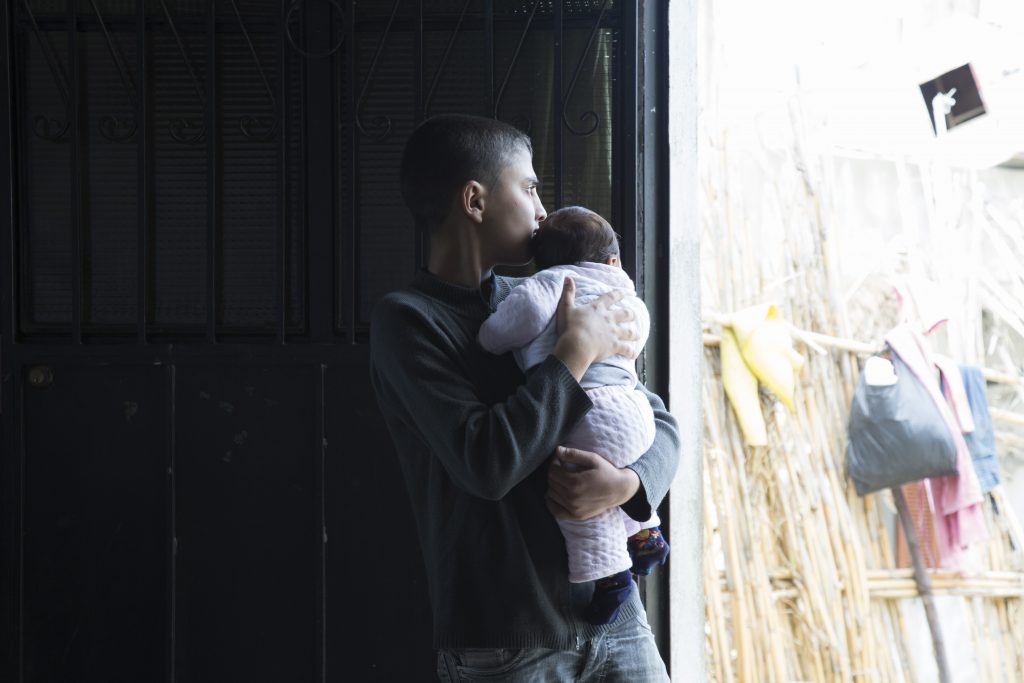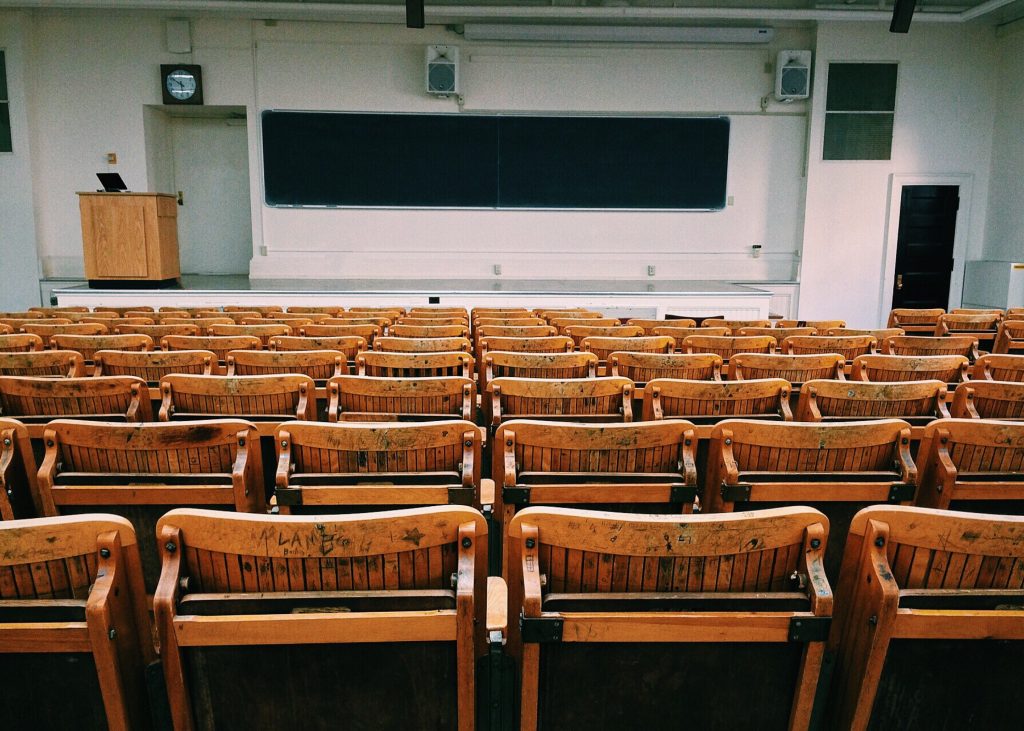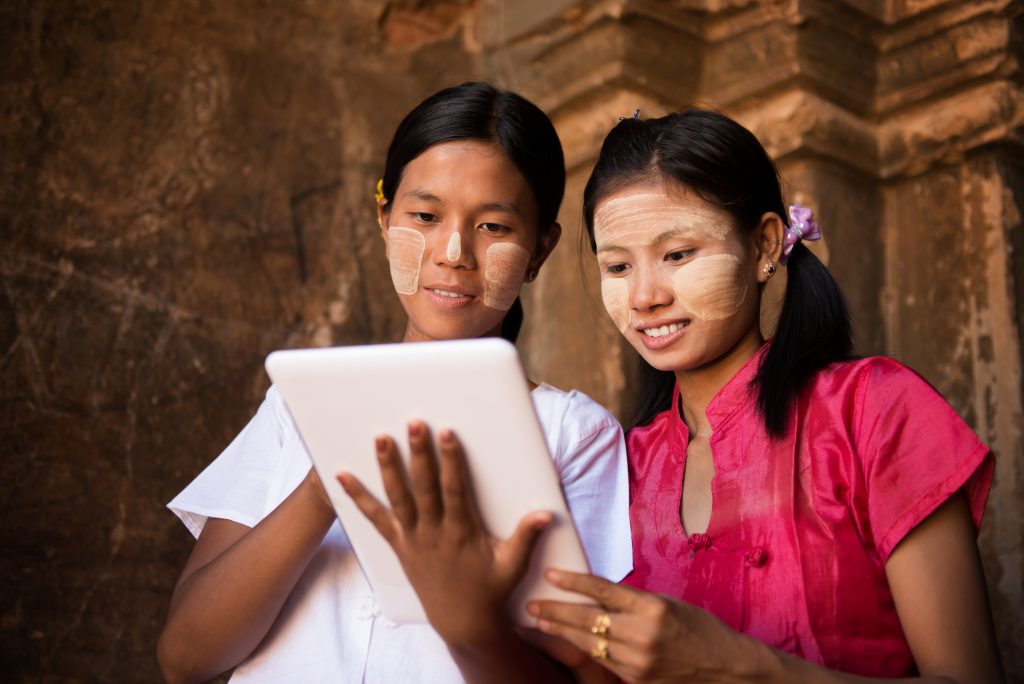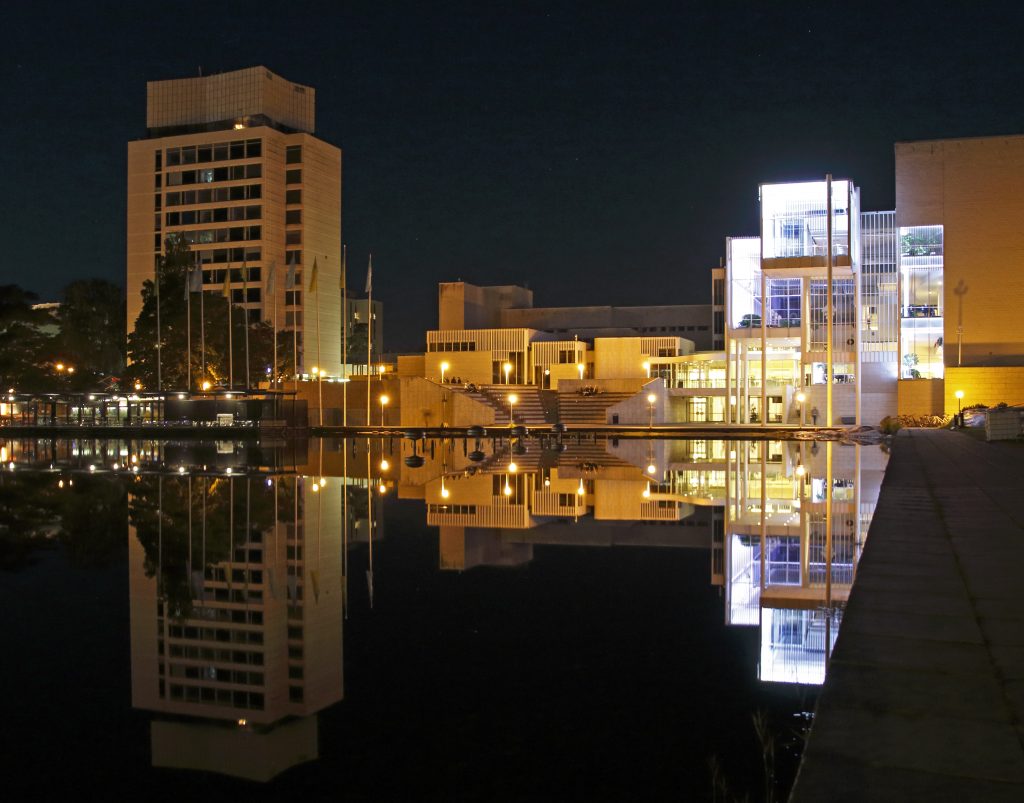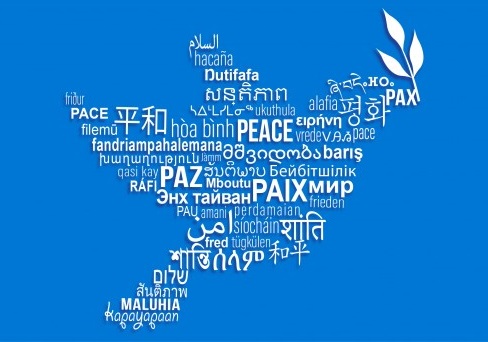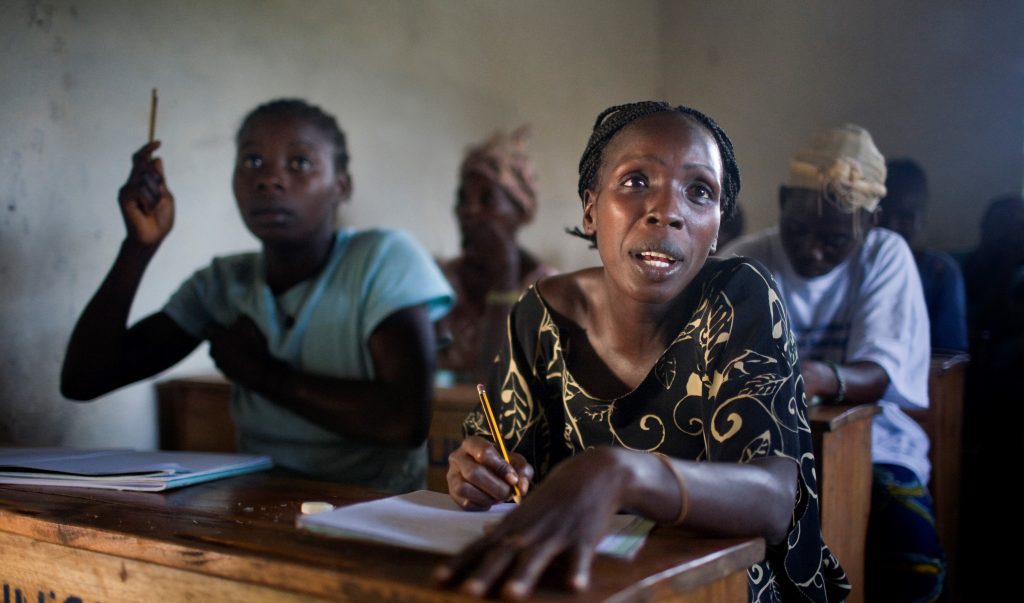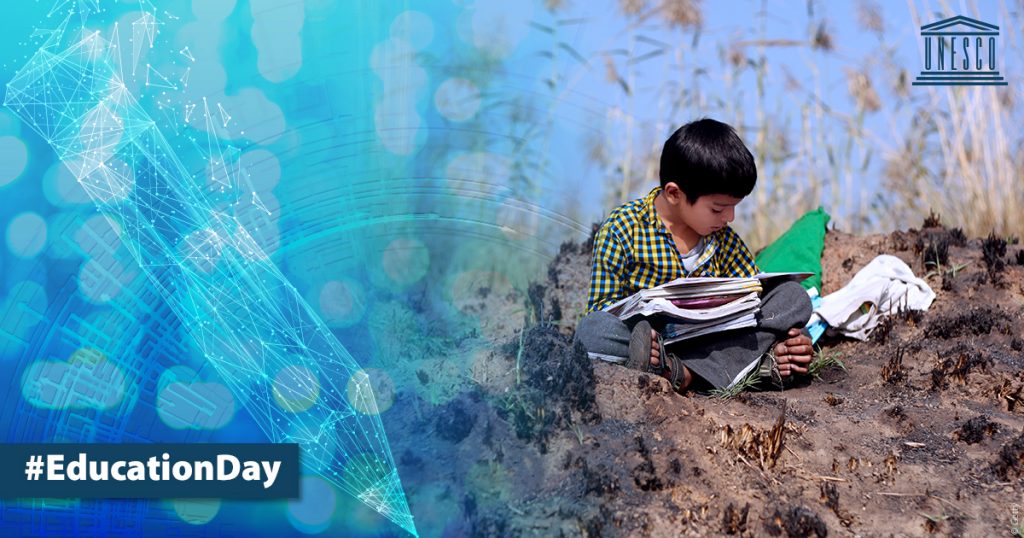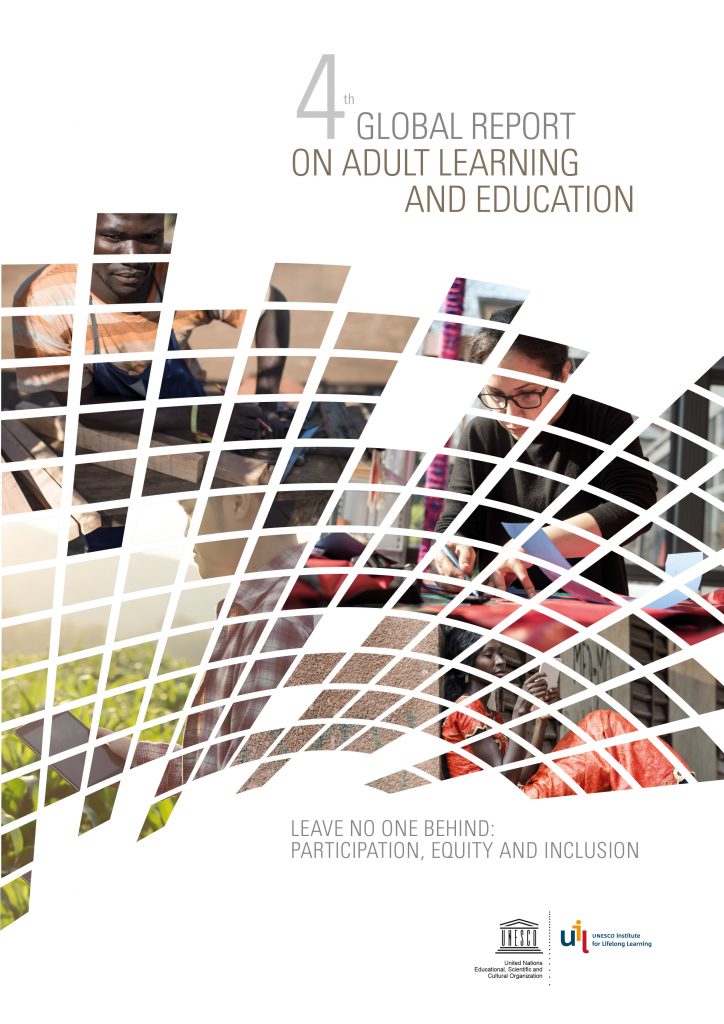Educational interventions to address the challenges created by the COVID-19 pandemic need to acknowledge the realities of life in the most disadvantaged communities if they are not to exacerbate existing inequalities, argues Rakhat Zholdoshalieva
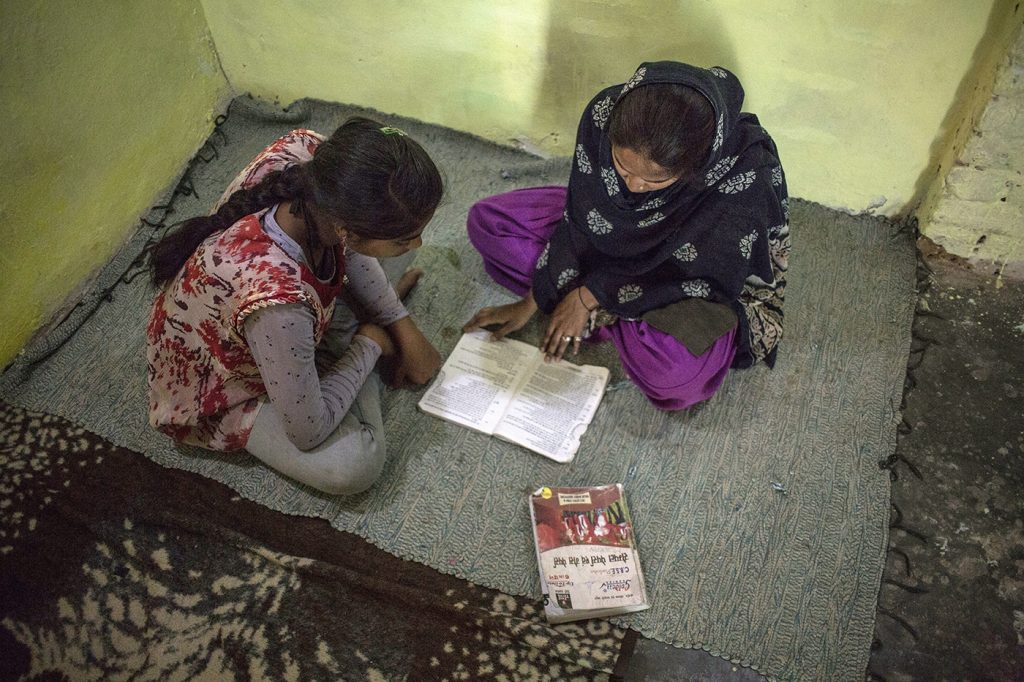
The magnitude of the global health crisis, and the long-term impact it is likely to have on the economy, society and education, was unimaginable just a few weeks ago. Such crises spark understandable fear and anxiety, as we come to terms with the impact both on our physical and psychological health and on our economic, financial, environmental and social life in the months and years to come.
As someone who works in adult learning, with a focus on youth and adult literacy and people who experience multiple forms of discrimination and disadvantage, I observe that many of our evolving solutions, advice, lessons and reflections ignore the reality of life for many children, youth, adults, families, communities and regions around the world. In times of massive disruption, disorientation and anxiety at global level, it is more important than ever that we do not lose sight of those who historically have been out of sight and out of mind when it comes to policies and actions. Continue reading

